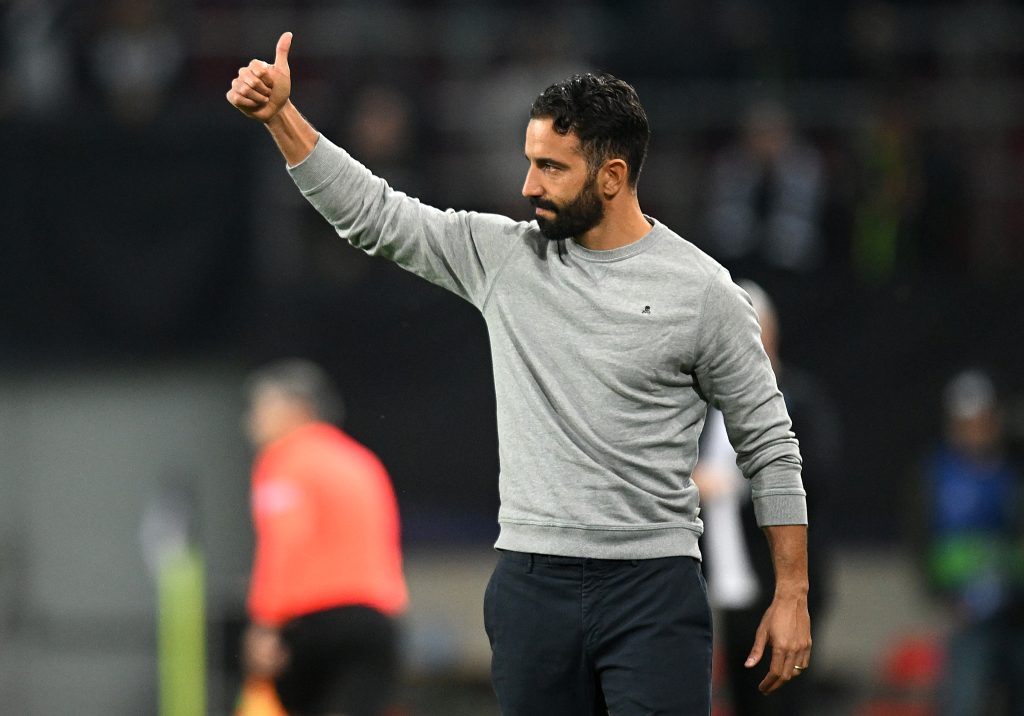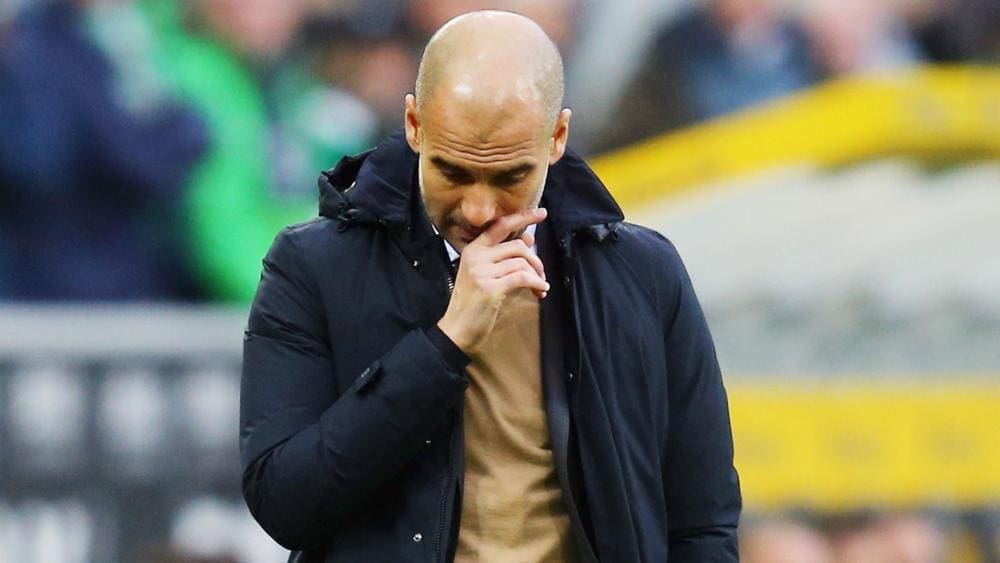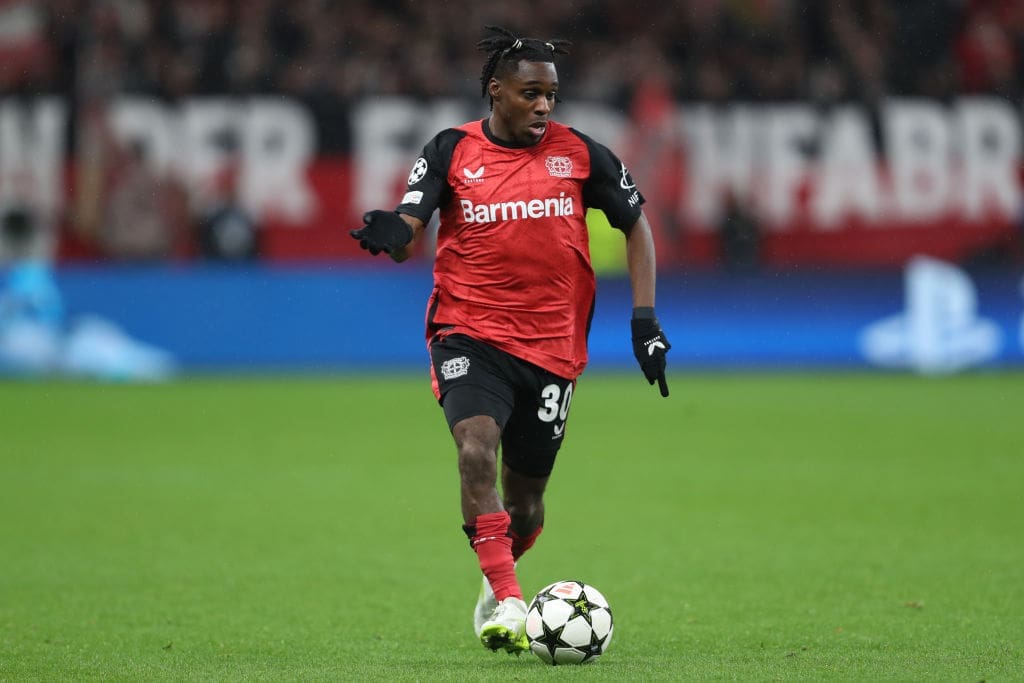The Timberwolves are fortunately stranded because of CBA rules that forbid veteran additions to 140 % of the final paid season, which Reid is most unlikely to agree to.

The Minnesota Timberwolves lived off of their usually excellent time for the entirety of last year.
" What are they going to do next summer, when modifications kick in for Anthony Edwards, Jaden McDaniels and Karl-Anthony Towns"?
We all knew the answer as Towns began to set up Jalen Brunson's New York windows. The Wolves decided to opt for the course of financial freedom, acquiring Julius Randle, who will provide future summer with a player opportunity, and Donte DiVincenzo, one of the best deals now in the NBA.
You'd think that'd been the end of it. Think again.
Once more, the Wolves are focused on a summer that might lead to significant change, this time starring Naz Reid, a player who has captured the viewers ' thoughts.
The 6-foot-9 Reid has become a beloved, cemented by supporters getting his name tattooed on their body and his brand being used as an explanation for just how great he is. A seemingly beautiful simplicity stems from the fact that his powerful sport has sparked the interest of Timberwolves supporters at the most recent Timberwolves games.
Reid, who won the NBA's Sixth Man of the Year award last season, is a highly competent scorer who netted 13.5 points in just 24.6 minutes per game, while offering a legitimate floor-spacing component ( 41.4 % on five 3-point attempts per game ) in Minnesota's run to the Western Conference finals.

Why, then, could Minnesota appoint a player like Reid?
If it had any control of the situation, it would n't. But unfortunately for the Timberwolves, they're left stranded due to CBA regulations that limit veteran extensions to 140 % of the last salaried year — a percentage Reid is extremely unlikely to agree to, considering a new extension would start at just$ 21 million based on his salary of$ 15 million next season, when he becomes extension eligible.
( The 140 % veteran extension limit, for good measure, does allow for teams to choose the highest amount between 140 % of the last salaried year, or 140 % of the league-wide average salary, but neither should be enough to entice Reid. )
In fairness, the Wolves can keep Reid next summer, even if he opts out of his last year and the aforementioned$ 15 million. He would enter unrestrained free agency, which would instantly make him a flight risk, but they do have his Bird Rights, which they could recoup with whatever deal they want.
It would be absolutely shocking if Reid did n't leave free agency given that the Wolves wo n't even be able to extend his contract until 2025.
Do Reid consent to return to the Wolves if a team competing for his service offered him more income and a chance to start, while the Wolves try to sell him on a future where he plays behind Randle and Rudy Gobert?
That's a question only Reid you solution, and perhaps he loves Minnesota much to do just that. Stranger things have happened. However, allowing him to have unlimited free agency poses a significant threat regardless of how the pizza is sliced.
Does that imply that the business may be looking to move him in order to receive money before the February business date? It's doubtful, but not out of the realm of possibility, especially if the show's read of the condition indicates Reid is leaning toward going somewhere he can start and build himself as a potential star.
Of course, the Reid position highlights a larger issue, some not specific to the Wolves.
The 140 % extension limit actively penalizes teams that negotiate well, and it's hurting both teams and players.
Let's travel 408 miles to the United Center in Chicago, where the Bulls are in a similar difficult position.
The organization gave new deals to both Coby White and Ayo Dosunmu in the summer of 2023, which were both extremely team-friendly. As a result, White stands to earn just$ 12 million this season, and Dosunmu$ 7 million.
White is a borderline All-Star, and Dosunmu would start on several teams around the league, meaning they're underpaid.
The Bulls could offer both 140 % of the league's average salary, of which only Dosunmu might consider, but it remains an offer that comes with a fairly set ceiling. If Dosunmu plays the entire 2024-25 season like he wrapped last year, averaging 16.3 points and 4.4 assists on a 52/43/8 3 slash-line, he, too, will assuredly seek money that exceeds what the Bulls can offer on an extension.
The Bulls can allow both to enter unrestricted free agency, which will provide them significant deals in 2026, with White and Dosunmu's agreement. But given how Chicago has been a mediocre franchise over the past decade, both players could leave.
Once again, this problem can be traced back to the 140 % rule, which under the old CBA sat at 120 %. The percentage increase was so marginal, that only one All-Star caliber player, Dejounte Murray, has signed an extension under the new rule. That extension,$ 120 million over four years, was broadly viewed as being below his market value.
The 140 % limit is n't helping teams and is n't helping players.
Without putting up any doubts, the Wolves and Bulls would prefer to have the option to extend their players rather than risk them leaving free agency.
Based on their market values, players would enjoy long-term financial stability.
It seems curious that both the players association and the owners actively increased the extension limit, yet never realized how the problem would persist. The salary cap is on the threshold of exploding 10 % annually due to the new TV deal, with even supermax contracts taking up a smaller cap percentage year-by-year.
When asked if a team owner and the players ' association could work together to amend the CBA, NBA deputy commissioner Mark Tatum responded to Yahoo Sports by saying that a situation like that was technically possible.
The impact and the outcome are constantly being evaluated. The rules we put into place, does it have the intended impact? And in some instances, Tatum said," we will revisit and we will look at it, and as long as the owners and the players agree to make a change, we can do that."
To the point of whether the 140 % extension limit specifically is under consideration for a change, Tatum said it's a conversation that's yet to be had.
" In this particular case, we have n't had that conversation yet, but we're continuing to assess it, and analyze it, and if we feel that a change is necessary, then we will make a change subject to agreement on both sides", Tatum said.
In the end, 140 % was never going to be a high enough rating for both parties to benefit, especially if there were players who piled up during the course of their rookie contracts. Until the players ' associations and team owners acknowledge their shared problem and resolve it, many players and teams will find themselves in precarious situations, some of which will result in unnecessary trades.
Copyright Notice:
Datavictory copyrights this specification. No part of this specification may be reproduced in any form or means, without the prior written consent of Datavictory.
Link:



